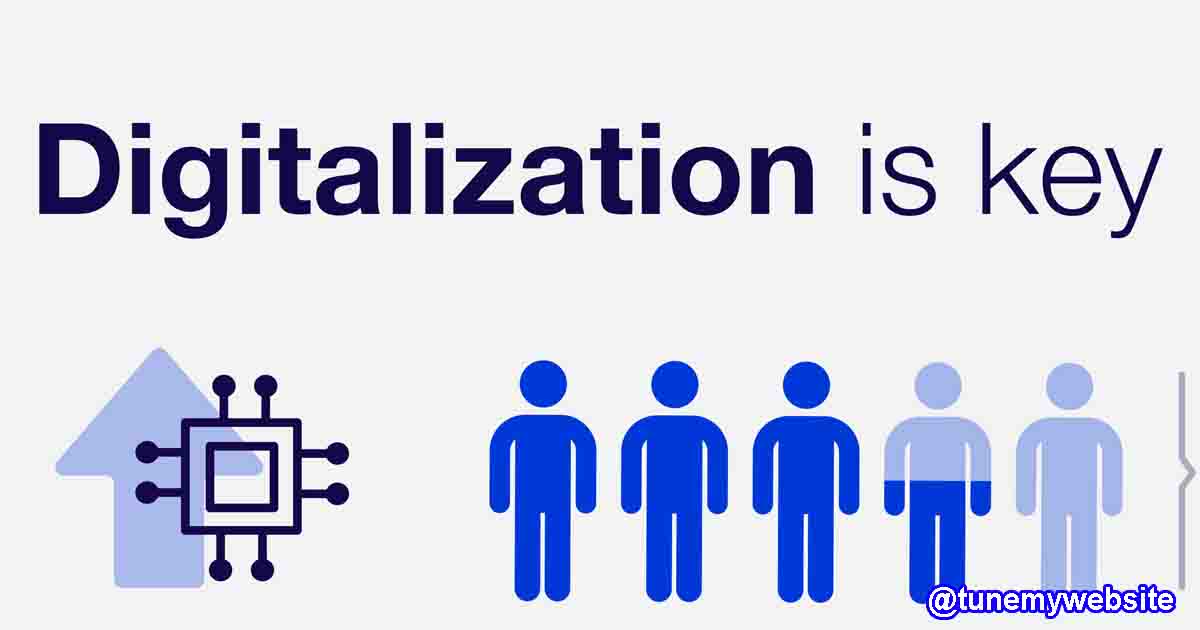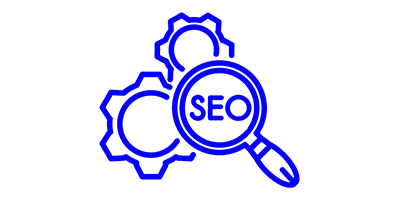Customers staff digitalization sustainability pandemic shift or how customers, staff, digitalization and sustainability: this is how big companies are facing the paradigm shift caused by the pandemic, according to an expert in talent acquisition
Beyond the direct impact of the coronavirus on virtually all sectors of society and the economy, many experts, institutions and business executives have stressed in recent months that the coronavirus, in addition to causing the most sudden and widespread economic crisis in recent centuries, has anticipated the implementation of changes that many companies already had in their roadmaps.
Thus, the digital transformation has accelerated in the heat of the measures of confinement and social distancing, and its impact on online commerce and social habits and employment, while sustainability is one of the pillars that governs the allocation of european funds recovery and the labour market has been a most remarkable divergence between the profiles that have dominated until now, and the demand by businesses for the foreseeable future.
Customers staff digitalization sustainability pandemic shift
To discover how large companies are facing this paradigm shift, the consultant specializing in talent acquisition Trivière Partners has recently produced a report, called #2030: People, Talent & Business in the company of the future, in which it seeks to answer that question through the answers of 25 managers from very different companies, such as Mahou, Seat, Cofidis or Edenred, among others.
In the Trivière Partners report, the directors, CEOs and talent managers of these companies have shown their forecasts about the future of companies in the next decade, the changes facing the labour market and academic training, the demands that workers will face in the future, the social role of companies and the impact of the coronavirus on this drastic paradigm shift.
"The pandemic has been a disruptive element both in society, individually and collectively, and in organizations," says Ismael Durán, who has joined as a new partner of Trivière Partners at the end of July after more than 4 years as talent director of this consultancy.
Customers staff digitalization sustainability pandemic shift
Geto-Dacians King Dacian state founder BUREBISTA
"When we thought we had all the answers to address an environment VUCA, volatile, uncertain, complex and ambiguous, we change the questions and elements appear to be unpredictable, in addition, have required an immediate response, we must add the “I” of immediacy to the VUCA-IVUCA, proving to the entire capacity of adaptation and resilience" highlights the new partner of Trivière Partners.
Regarding the challenges faced by Spanish companies during the recovery from the crisis caused by the coronavirus, Durán puts the emphasis on people. "The most intrinsic challenge is how to deal with the change in interaction with clients and with the staff, how we should change in the way we relate and share, [through] digital tools, and improve our customer and employee experience," he explains.
As for the impact of the pandemic on business plans, Ismael Durán agrees to point out that the coronavirus has anticipated changes that until then seemed distant. "Possibly more than changing the roadmap, Spanish companies have had to accelerate the changes they envisioned in their long-term strategic plans, such as digital transformation," he says.
Customers staff digitalization sustainability pandemic shift

Therefore, the partner of Trivière Partners assures that companies will not plan their future in the same way as before the pandemic. "One of the lessons learned in this crisis is that strategic plans must be projected in the short and medium term, and that in all they must have a new contract with society and staff, in search of sustainability," he says.
In fact, a chapter of the consultant's report focuses on the social component of companies, noting that 2 out of 3 managers surveyed recognize the importance of having well-defined and well-communicated corporate values. In addition, the participating managers have stressed that many companies do not know where to start in their sustainability strategy, although they consider that it can become a business opportunity in some sectors.
Similarly, another of the managers who participated in the Trivière study, the director of Papelmatica, Imma Font, stressed that corporate social responsibility and sustainability do not only have benefits for customers. "Being a responsible company serves to attract talent," says Font, while the authors of the report point out that companies are looking for employees who fit their values and business vision.
Customers staff digitalization sustainability pandemic shift
For Ismael Durán, changes in the market, dynamics and job profiles are here to stay, although each company must decide how to adapt to this new scenario. "When the effect of immediate catharsis caused by the pandemic passes, all organizations will have to analyze what they have learned in these months and what dynamics have helped us to grow and work in another way," he explains.
However, it foresees that some new dynamics will be common. "The distance work, project work, management by objectives, agile methodologies, ... Ways of working where you work with other forms of lead, where it increases the motivation and involvement of the template thanks to the delegation, autonomy and mastery are the elements that are here to stay because they have proven to increase the productivity and efficiency", ensures the partner of Trivière Partners.
Durán clarifies that the changes also impact on the way to hire staff and the profiles that companies need to face the new scenario that will open during the next decade after the end of the pandemic. "The concept of talent is something dynamic and as such adapts to the needs of organizations and society," he says, highlighting the value of skills that are often overlooked in recruiting staff
Customers staff digitalization sustainability pandemic shift
"Every day it becomes more evident that within the components of the talent you have to give more weight to the attitudes such as commitment, eager to learn, proactive, or orientation to excellence, and to the so-called soft skills, as they are the main skills that lead to success, such as flexibility, emotional intelligence, critical thinking, resilience, creativity, or digital skills," he says.
Regarding the challenges that companies will face in attracting talent, the partner of Trivière Partners urges companies to ask themselves what candidates are looking for. "All organizations must be clear about what talent is looking for today: flexibility, autonomy, project work, training, conciliation and purpose - meaning of the organization, that is, alignment with its values," he lists.
Precisely, Ismael Durán points to his own case as a sample of what his goals are in his newly opened position as a partner in the consultancy. "It is the beginning of this new stage, it is a challenge and as such there is a very large motivational element. Making organizations grow by making staff grow is something that we must demonstrate with each partner we work with and also demonstrate it directly to our employees," he explains.
"I am a small example that I want to export both internally at Trivière Partners and externally to our partners. It is a way to demonstrate what we are able to achieve together, aligning efforts," Durán concludes.



